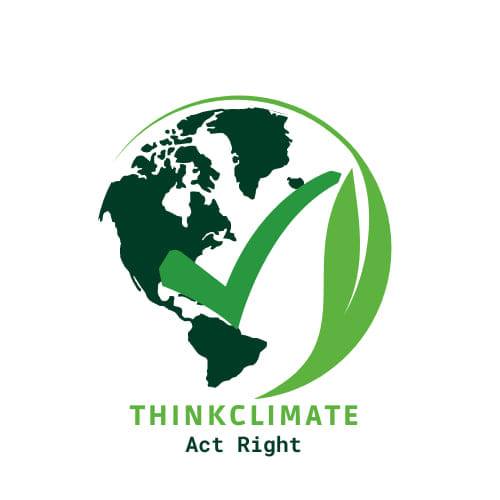The accumulation of plastic pollution in our oceans, rivers, and landfills has become an insurmountable issue in today’s modern world. The sight of marine creatures entangled in plastic waste is heartbreaking, and projections suggest that by 2050, plastic may outnumber fish in our oceans. While it is widely acknowledged that plastic waste negatively impacts marine ecosystems and species, is there a link between plastic pollution and climate change? As we delve deeper into the issue, we begin to unravel a complex and interconnected web of environmental problems.
It is essential to know about the lifecycle of plastic and its impact on the environment, especially how it contributes to climate change. The production of plastics requires significant amounts of fossil fuels, mainly oil and natural gas, which release greenhouse gases like carbon dioxide (CO2) and methane (CH4) during extraction, processing, and transportation. The plastics industry alone produces an estimated 1.8 billion metric tonnes of CO2 emissions a year, equivalent to the carbon footprint of approximately 400 coal-fired power plants. Understanding this connection between plastic pollution and climate change is crucial.
The production process of plastic involves a chemical process called polymerization, which emits greenhouse gases (GHGs) and volatile organic compounds (VOCs) into the atmosphere. This contributes to climate change by causing a warming effect on the earth. This connection between plastic production and GHG emissions highlights the impact plastic has on climate patterns.
Although the production of plastic contributes to its carbon footprint, the problem persists even after production. When plastic waste enters natural ecosystems, particularly the oceans, it becomes a concerning issue. Sun exposure and seawater cause the plastic to undergo photodegradation, which ultimately breaks it down into minuscule microplastics. These microplastics act as secondary emitters of greenhouse gases (GHGs), which are often overlooked and have a significant impact on the environment.
The accumulation of plastic waste in the oceans has a significant impact on ecosystems and marine life, which play a crucial role in regulating the planet’s climate. The presence of large patches of plastic debris, such as the infamous Great Pacific Garbage Patch, disrupts the normal functioning of marine ecosystems and impairs the oceans’ ability to sequester carbon. Oceans act as massive carbon sinks, absorbing roughly a quarter of all human-generated CO2 emissions and helping to mitigate the effects of global warming. However, plastic pollution hinders the natural processes that maintain the balance of marine ecosystems, undermining this important function.
Plastic pollution poses a threat to marine life, which indirectly affects climate change. The toxins in plastic can enter the food chain when consumed by marine organisms, eventually reaching humans. The ingestion of plastic can harm the health of fish populations, resulting in a decline in their numbers. This can also disrupt the balance of marine ecosystems, further impacting the planet’s ability to regulate its temperature.
Addressing plastic pollution and climate change requires a comprehensive and multifaceted approach. To reduce plastic’s carbon footprint, we need innovative regulations and sustainable alternatives to tackle the problem at its root. Governments should promote recycling, encourage circular economy models, and offer incentives for companies to adopt environmentally friendly practices. Public education campaigns can also raise awareness and encourage individuals to reduce their plastic use and dispose of waste responsibly.
Moreover, it is imperative to have international collaboration to tackle the issues of climate change and plastic pollution. Reduction of greenhouse gas emissions and conservation of the environment heavily rely on international agreements such as the Paris Agreement. These agreements must consider the impact of plastic pollution on climate change and incorporate measures to mitigate its consequences.
In conclusion, plastic pollution and climate change are intricately linked through a complex network of cause and effect. The carbon-intensive manufacturing process of plastic, along with the emissions it releases as it breaks down, contributes to the acceleration of global warming. Moreover, plastic waste pollutes the oceans, disrupting marine ecosystems and negatively impacting biodiversity and carbon sequestration capacity. It’s crucial to urgently address plastic pollution and understand its deep connection to climate change if we want to safeguard the planet’s future. Collaborative action, innovative solutions, and international cooperation are essential for creating a cleaner, healthier, and more sustainable future for generations to come.




